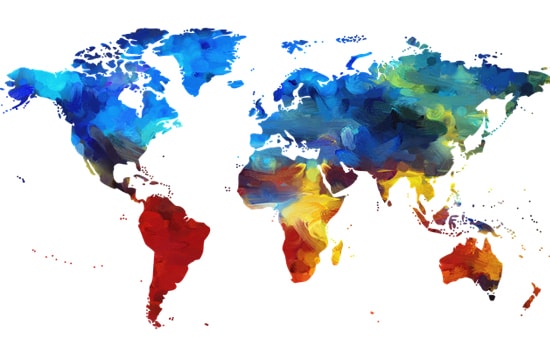Setting goals helps the mind to actually achieve what we set out to do. This can support managers who can use goals to generate a behavioural response, either in customers or employees. How people achieve goals, however, differs in different cultures and this knowledge is essential for managers who have to work with global clientele and employees.
Insead research found that people from more independent cultures, such as the United States for example, find attaining goals more motivating than maintaining them whilst those from more interdependent cultures, such as China, were more motivated by maintenance than attainment.
Those from independent cultures define themselves on individual lines, with more focus on one’s own abilities, values and preferences, explains Chattopadhyay this result. And those from interdependent cultures would characterise themselves by a sense of connectedness with others put their attention on their role in the group and less on themselves as individuals.
In the case of a bank this could mean the following: For U.S. customers, the bank would be able to motivate its clientele with a benefit, if they asked them to increase their savings account annually by a small amount. In contrast, the same bank would be able to motivate Chinese customers with the same benefits or to achieve goals for the good of their family or wider social group if they asked them to maintain their savings at a certain balance.
The same logic can be applied to goals within the workplace according to Chattopadhyay as he states: “When defining project deliverables for employees from different socioeconomic backgrounds, managers should consider setting goals in the context of group success for interdependents and personal success for those of an independent nature.”
Read more atINSEAD

